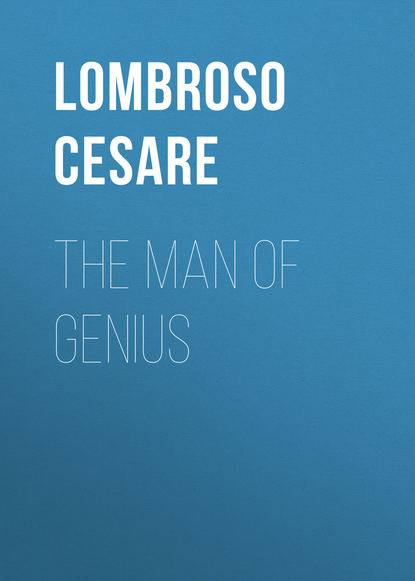По всем вопросам обращайтесь на: info@litportal.ru
(©) 2003-2024.
✖
The Man of Genius
Настройки чтения
Размер шрифта
Высота строк
Поля
326
“Un veleno ho preparato
Due pugnali tengo in seno:
Questo viver disgraziato
Finirà una volta almeno
T’amerò fino alla tomba
E anche morto t’amerò.
La campana lamentosa
Sonerà la morte mia,
Ed allor tu udrai curiosa
Quella funebre armonia.
T’amerò, ecc. ecc.
Una lunga e mesta croce
Nella via vedrai passar;
Ed un prete sulla forca
Miserere recitar.
T’amerò, ecc. ecc.”
“I have prepared a poison; I have two daggers in my bosom; this unhappy life, at least, shall end one day. I will love thee to my grave, and even when dead, I will love thee still.
“The mournful bell shall sound for my death, and thou shall listen wonderingly to that funereal harmony. – I will love thee, &c.
“A long and sad cross (i. e., procession) thou shalt see passing along the road, and a priest standing by the gallows, reciting the Miserere. – I will love thee, &c.”
327
“Paranoia: A Study of the Evolution of Systematized Delusions of Grandeur,” in American Journal of Psychology, May, 1888, and May, 1889.
328
Hécart, op. cit.
329
Magnan.
330
Simon.
331
Delepierre.
332
Vasari, Vite dei pittori celebri.
333
Clément, Les musiciens célèbres, Paris, 1878.
334
“Voci alte e fioche e suon di man con elle” (Dante, Inf. iii. 27.)
335
Cato, De Re Rustica.
336
Essays, vol. ii. pp. 401, &c.
337
My attention was called many years ago to the frequent occurrence of insanity among great musicians by Dr. Arnaldo Bargoni, and afterwards by Mastriani, of Naples, in an excellent article in Roma, 1881.
338
Jasnot, Vérités positives, 1854.
339
Les fous littéraires, p. 51.
340
See Tre Tribuni, 1887.
341
“Always mistress or slave – a foe to thine own children.”
342
“Il se trouvait là des philosophes plus forts que Leibnitz, mais sourdsmuets de naissance, ne pouvant produire que les gestes de leurs idées et pousser des arguments inarticulés; des peintres tourmentés de faire grand, mais qui posaient si singulièrement un homme sur ses pieds, un arbre sur ses racines, que toits leurs tableaux ressemblaient à des vues de tremblements de terre ou à des intérieurs de paquebots un jour de tempête. Des musiciens inventeurs de claviers intermédiaires, des savants à la façon du docteur Hitisch, de ces cervelles bric-à-brac, où il y a de tout mais où l’on ne trouve rien, à cause du désordre, de la poussière, et aussi parceque tous les objets sont cassés, incomplets, incapables du moindre service” (Daudet, Jack).
343
Delepierre, Littérateur des fous.
344
Staccar potessi i due concetti uniti
Di me ed empio. Io giusto. Empio è Satana.





